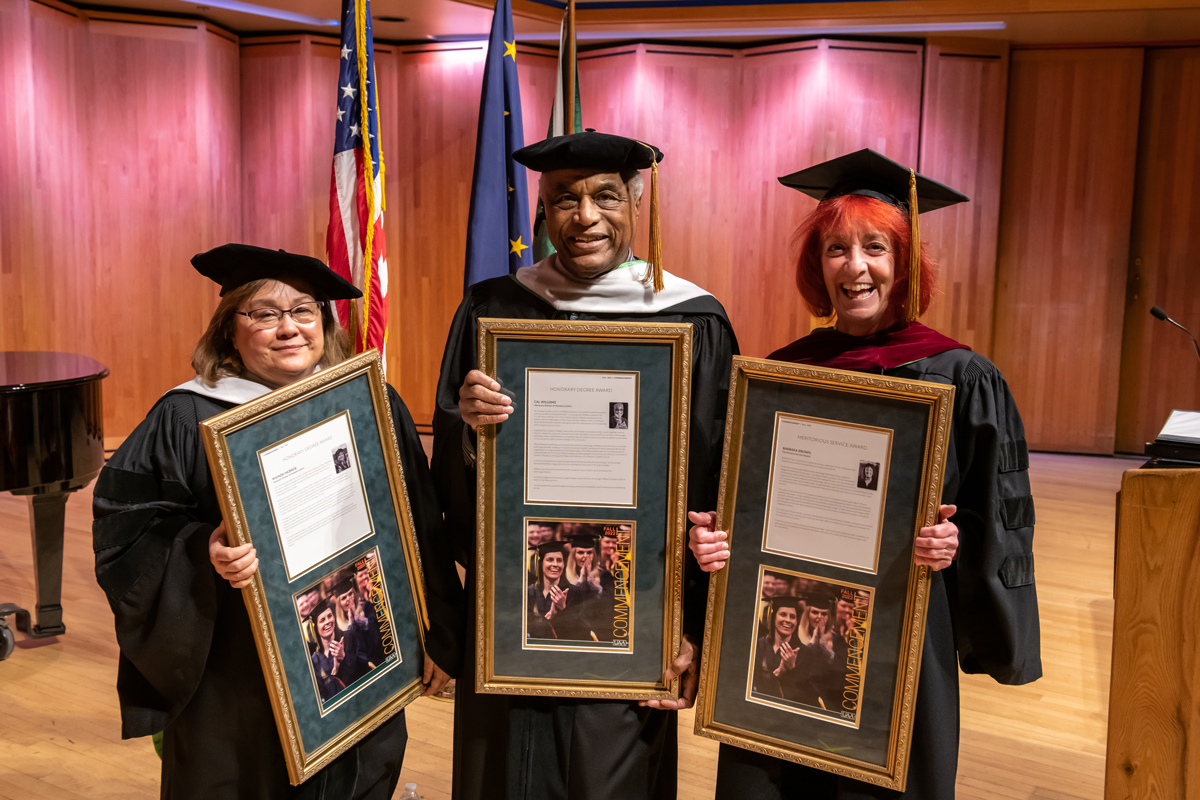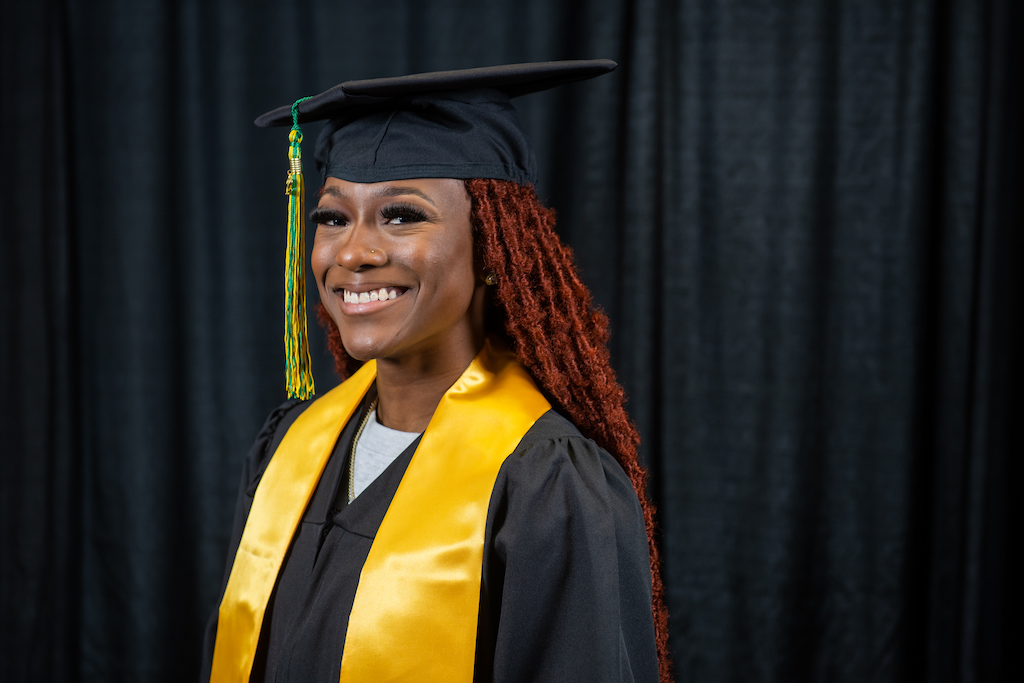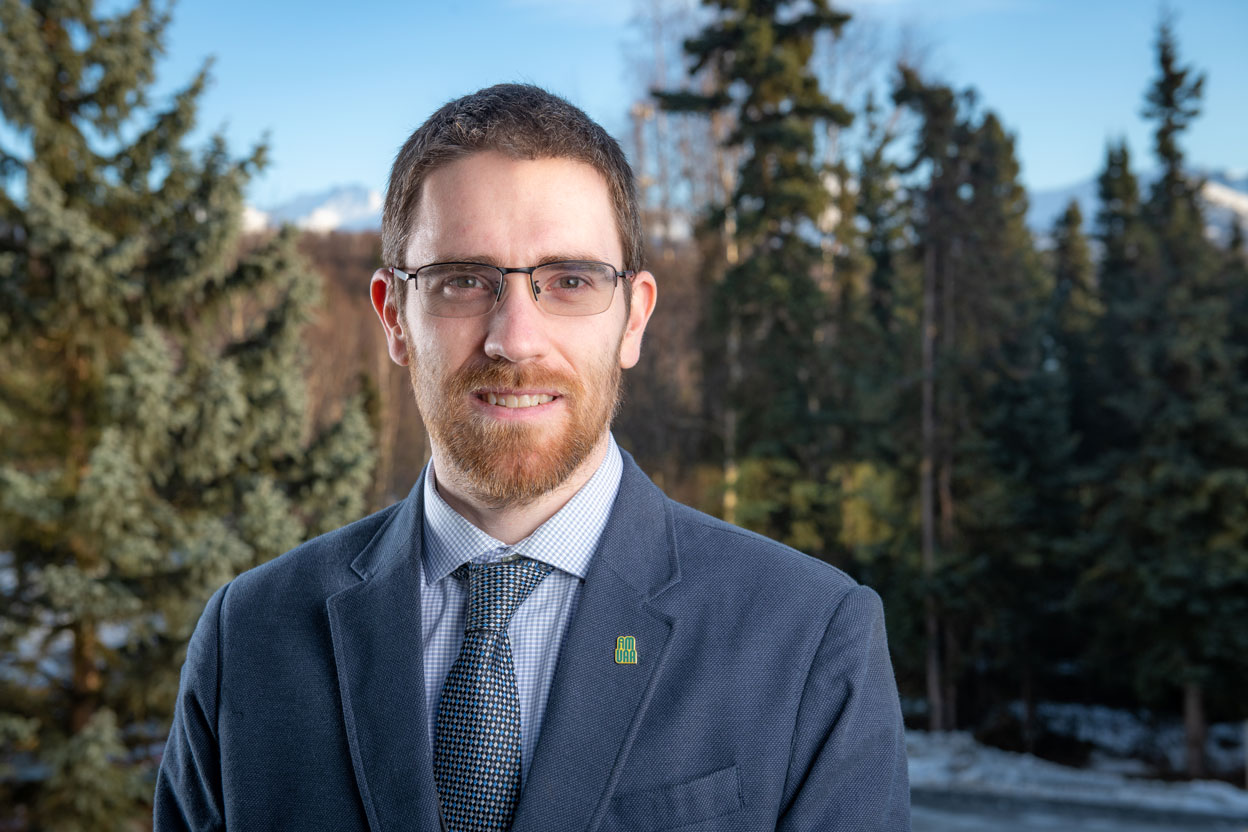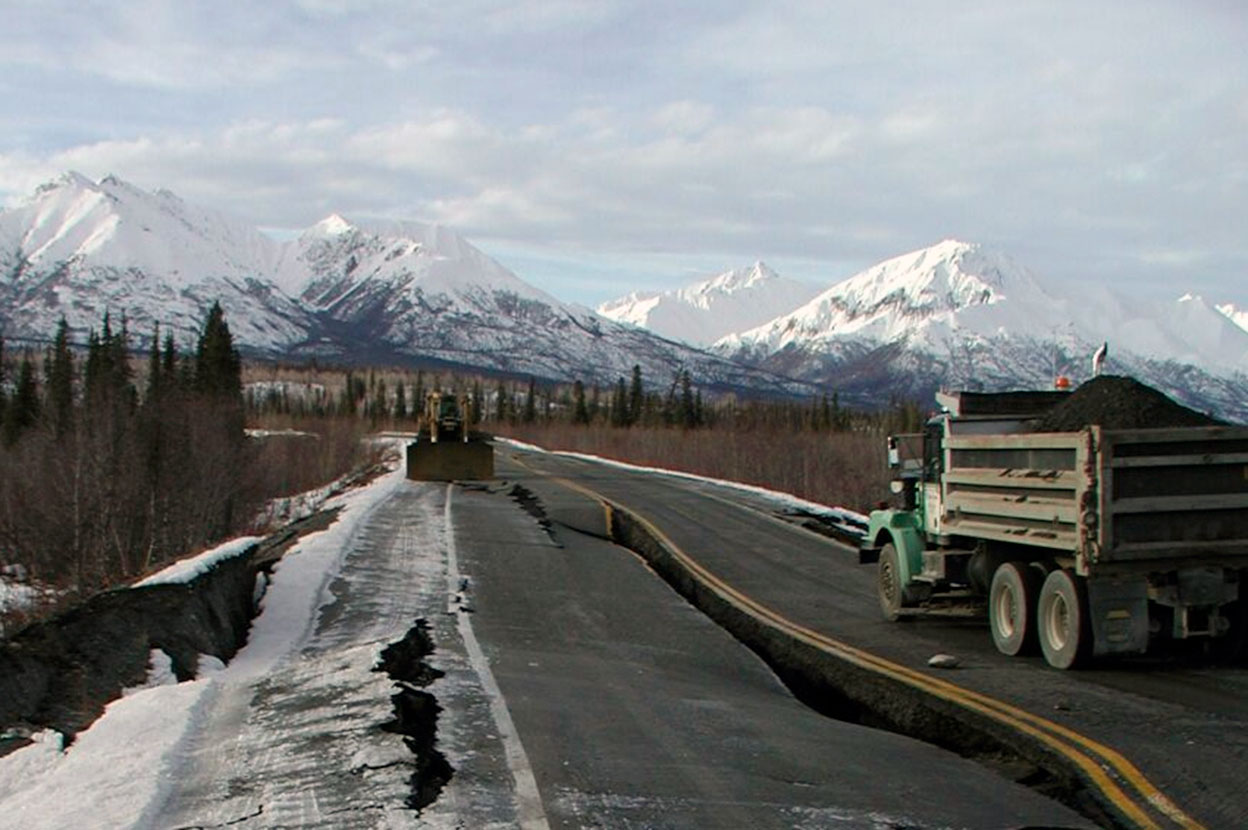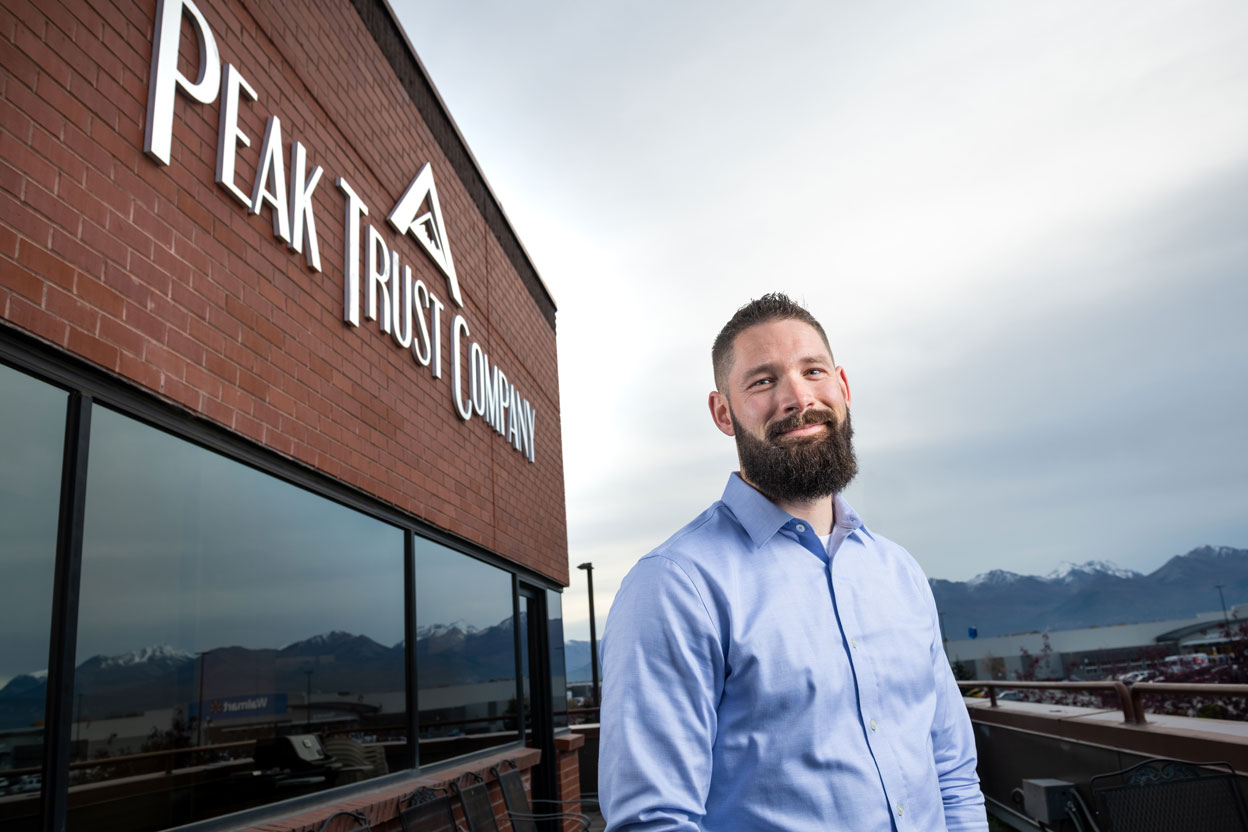Department of History hosts roundtable examining the Russian invasion of Ukraine
by Catalina Myers |

For the first time since World War II, the international community has watched the largest land war on the European continent unfold in the palms of their hands from the screens of their smartphones. Since Russia invaded Ukraine nearly four weeks ago, 3.4 million Ukrainians have fled the country while millions more have been displaced from their homes. As scenes unfold of families streaming across Ukraine’s borders into neighboring countries, seeking safety and refuge, the global community has nervously watched and wondered what will happen next.
“I think there is a lot of anxiety around this conflict,” said Ian Hartman, associate professor and chair of the UAA Department of History. Hartman said he and his colleagues sprang into action over spring break, feeling the urgency of the situation and wanting to offer their collective expertise on the event to the university and Anchorage community. He said they settled on a roundtable discussion that would help place historical context on a developing war thousands of miles away. “One of the things we can do as historians is to have a discussion and invite the public to talk about the roots of this conflict, about where it’s at and where it’s going. We thought this would be valuable not only to the university community but also to the broader public.”
On Wednesday, March 16, UAA Department of History faculty, Liz Dennison, Bill Myers, Paul Dunscomb and assistant professor of history and political science Jeff Meyers from Kenai Peninsula College (KPC), gathered on the stage of UAA’s Recital Hall for a roundtable discussion on The Misuse of History and the Russian Invasion of Ukraine. Hartman introduced the panel of experts, and the discussion was moderated by Ray Ball, UAA associate professor of history.
The panel began with Dennison, who has been teaching history at UAA for 30 years and has offered courses from medieval Russian history to the present day. The panel touched on topics from early Russian and Eastern European history to 20th-century modern history to the post-Soviet Union and this new era, which some historians have referred to as a “new Cold War.” Each panelist had 15 minutes on the floor before the roundtable opened up for questions from the in-person audience and online.
“Dictators use history as their own means as a power grab,” said Dennison. For Dennison, Vladimir Putin’s attempt to overtake a sovereign country was not a complete surprise, given her area of expertise and the language he was using to describe Ukraine in the days leading up to the invasion. She said that what was alarming was Putin’s blatant manipulation of history to create a sense of nationalistic pride within Russia’s citizenry to support his rationalization of invading Ukraine. “He's using history for his justification and of his taking Ukraine and its belonging to Russia. The point of my talk was to underscore the fact that he was using a complete falsification of history — but that’s what dictators do.”
During his 15 minutes to speak, KPC's Meyers echoed Dennison's statements, saying that the current conflict is congruent with Russia’s overarching history as well as Putin’s dictatorship. He focused on discussing the impacts of the Cold War and post-Soviet Union Russia and their implications in the modern global political space.
“Chechnya was one of the first places, post-Soviet Union, who went to war with Russia to fight for their independence,” said Meyers. “While these events are different, there are similarities in that Russia has said that ‘no, you are not independent, you are a part of us.’”
What has been different in this latest conflict are the eyes of the international community watching the events unfold in real-time on social media and leaders from the West and Asian countries' swift response to Putin.
Both Dennison and Meyers said there are pros and cons to the immediate access and endless scrolling news feeds covering the event and that users should proceed with caution. They point to Russia’s efforts in undermining Western democracies and the role their “trolling,” and strategic placement of misinformation across social media platforms had on the U.S. political landscape. Meyers noted that Ukraine was winning the war from a media standpoint as the global community continues to witness boots-on-the-ground, firsthand accounts of the conflict. Dennison and Meyers, along with the rest of the panel, said only time would tell the resolution and repercussions of this current humanitarian crisis.
One thing is clear to Dennison, Meyers and the professors in UAA’s Department of History, it is crucial, particularly in times of global upheaval and uncertainty, to critically examine the past and educate ourselves so that we might foster a more peaceful, democratic and equitable future.
Watch the event recording on YouTube.
 "Department of History hosts roundtable examining the Russian invasion of Ukraine" is licensed under a Creative Commons Attribution-NonCommercial 4.0 International License.
"Department of History hosts roundtable examining the Russian invasion of Ukraine" is licensed under a Creative Commons Attribution-NonCommercial 4.0 International License.










